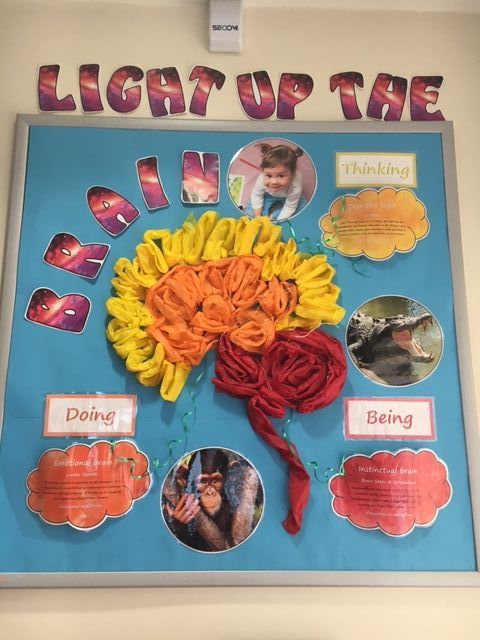Thrive
The Thrive Approach
What does it take to develop healthy, happy, confident children who are ready and open to learning? Recent advances in neuroscience, attachment theory and child development have provided some of the answers to this question.
The Thrive Approach draws on insights from these fields to provide a powerful way of working with children and young people that supports optimal social and emotional development. In addition, the Approach can equip you to work in a targeted way with children and young people who may have struggled with difficult life events to help them re-engage with life and learning.

We are proud to be a school that is recognised for embracing the Thrive approach. Thrive is based on the latest neuroscience and attachment theories allowing us to create an individual intervention for each our children.
It helps us prepare children for life’s emotional ups and downs, teaching them the necessary life skills in order to thrive and learn! Thrive is an approach that everybody uses in school and is implemented into every lesson. We care for our children and want them to be happy, feel safe and thrive with their education.



Thrive has helped me manage my feelings and think before acting.” – KS2 pupil
“Coming to Thrive makes me feel safe.” – KS2 pupil
“I love working in Thrive - the hair gel is fun!” – KS2 pupil
“Thrive is so much fun, I love it.” – KS2 pupil
“Seeing the progress our children have made is so rewarding.” – Thrive practitioner
“The best thing about Thrive is knowing I’ve made a difference.” – Class teacher
“Seeing a child flourish as they begin to feel safe and special gives me a warm fuzz.” - Thrive practitioner
“I have become so passionate about using this approach. I truly believe we are making a difference to children’s lives and that’s the best job in the world!” – Thrive practitioner
As a result of Thrive, our children can:
- Think before acting when having a strong feeling.
- Manage their feelings.
- Talk about their worries and feelings with staff they trsut.
- Help to keep themselves safe.
- Show empathy towards each other.
- Show resilience and not give up when things get too.
- Deal with tricky situations.
- Work together, sharing ideas, listening to each other.
- Say what they are proud of.
- Use manners and show respect.
- Care and share.
- Rise to challenges.
- Show they are ready to learn.